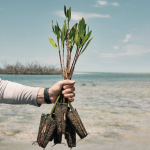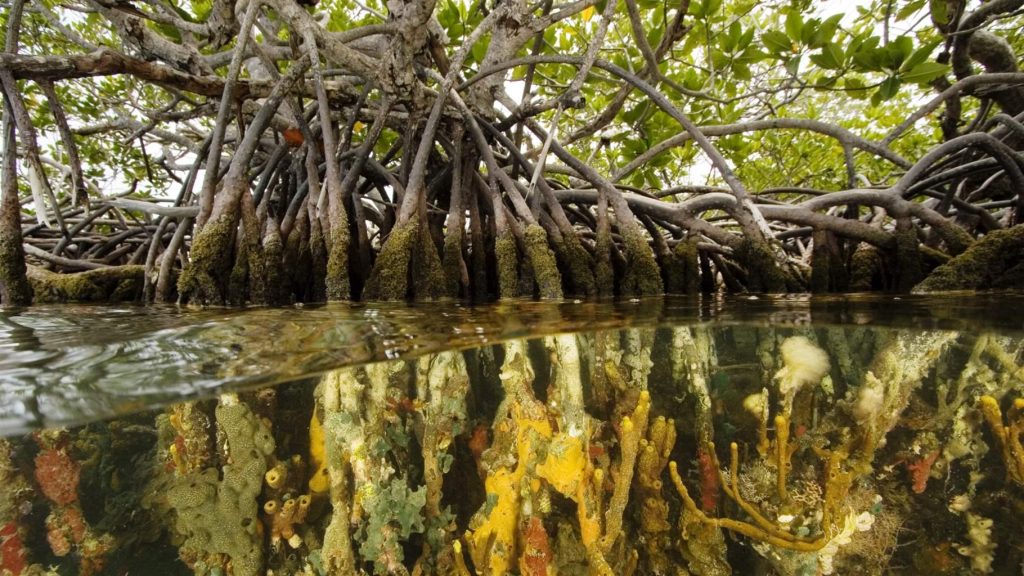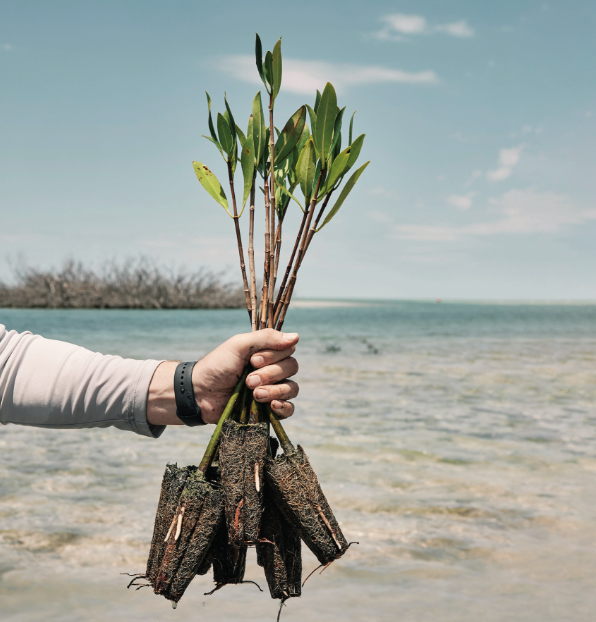Coastal Wetlands and Coral Reef Protection in Climate Commitments
Coastal wetlands and coral reefs are crucial for coastal communities to adapt to climate change and protect shorelines from storms. Unfortunately, these habitats are under threat, with half of the world s mangroves destroyed in the last 50 years and a third of coral reefs lost. To address this, the United Nations Paris Agreement urged countries to reduce carbon emissions and build resilience to climate impacts. Blue carbon ecosystems like seagrass beds, mangroves, and salt marshes can serve as nature-based solutions to mitigate climate change and aid coastal adaptation. Pew launched a project in 2019 to promote coastal wetlands and coral reef protection in updated climate commitments. Their partnerships with local organizations, research institutions, and governments in Belize, Costa Rica, and Seychelles have strengthened expertise and led to ambitious wetlands protections in their 2020-21 commitments. Building on this success, Pew aims to expand conservation efforts in the Caribbean and Latin America, and the Western Indian Ocean regions to assist nations in developing and implementing robust coastal wetlands protections.
Coastal wetlands and coral reefs are key for climate resilience. But, they re at risk – half of mangroves gone, a third of reefs lost. UN Paris Agreement urges emissions reduction and climate adaptation. Blue carbon ecosystems (seagrass, mangroves, salt marshes) can help. Pew started project in 2019 for wetlands and coral reef protection. Partnerships with local groups, research institutions, and governments in Belize, Costa Rica, and Seychelles led to ambitious commitments. Pew plans to expand efforts in Caribbean, Latin America, and Western Indian Ocean to aid wetlands conservation.





